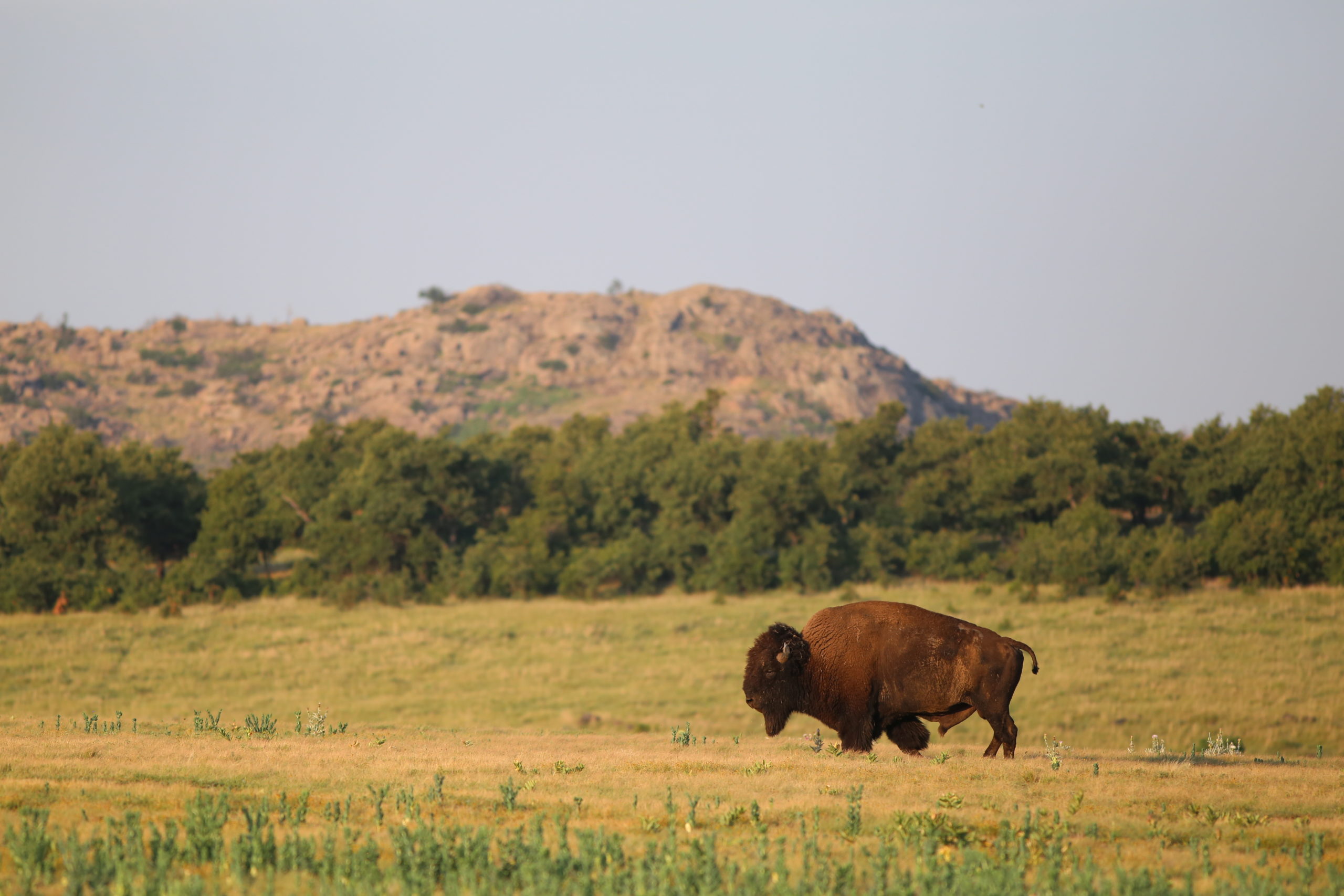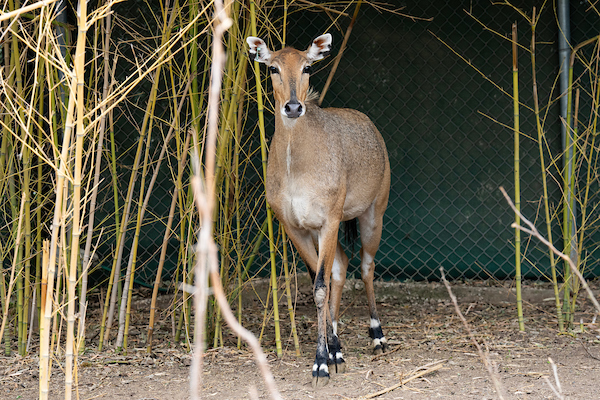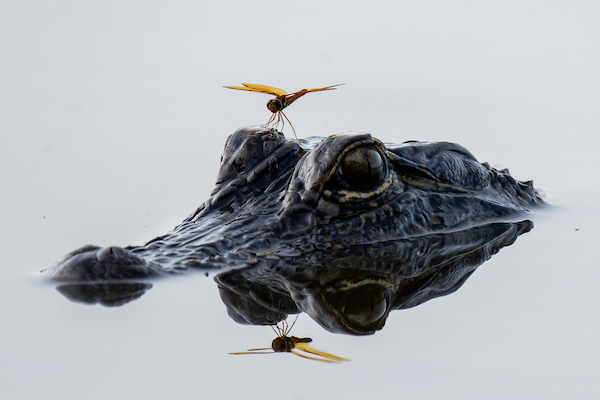
Research in Rangeland, Wildlife and Fisheries Management
As a Tier One research institution, Texas A&M is dedicated to conducting sound, credible and innovative research. In the Department of Rangeland, Wildlife and Fisheries Management, we’re devoted to doing just that. Our faculty, students and research associates are working to develop applicable and innovative solutions to management needs, problems and policies related to natural resource issues in Texas and beyond.
We’re interested in evidence-based science that speaks for itself in the field. Our faculty are leading the field with expertise areas in management strategies, economics and the legal and regulatory considerations associated with stewardship of natural resources. All of our research aims to advance rangeland, wildlife and fisheries management today, while impacting policy that shapes the future.
Areas of Research Expertise
We are a collaborative faculty with a wide scope of interests, bringing innovation and creativity to solving complex problems at the intersection of agriculture, economics, and agribusiness.
Fisheries and Aquaculture Sciences
Our researchers work to improve the management of aquaculture operations and the stewardship of private fisheries in the state. Faculty expertise range from fish nutrition, aquatic vegetation management, water quality improvement, and the use of various commercially important fish species.
Natural Resources Management and Policy
Our faculty’s research addresses a variety of natural resources problems impacted by climate change, biodiversity loss, land degradation, food security, and water availability. These issues are increasingly complex and threaten human livelihoods and sustainability. This multiple disciplinary approach to the human dimensions of conservation and land management requires the perspectives of individuals, social groups, organizations, societies and cultures. Our research is directed toward informing decisions that sustain natural resources and the services that are derived from those resources.
Rangeland Science and Management
Research focused on improving grazing lands is accomplished through an increased understanding of foraging ecology, fire management, restoration practices and animal nutrition interactions. Our faculty work to develop timely and innovative strategies to rangeland improvement.
Wildlife Conservation and Management
Wildlife research conducted by faculty serves to improve the management of wildlife populations and their habitat. Areas of emphasis include population ecology, habitat relationships, wildlife diseases, invasive species, and game management.

Research and Extension Centers
Our centers conduct innovative research to contribute information relating to key agribusiness market issues.
- Center for Grazinglands and Ranch management
- Center for Natural Resource Technology (CNRIT)
- Rangeland Decision-Support Laboratory (RSDL)
- Grazingland Animal Nutrition Laboratory (GAN Lab)
- Texas AgriLife Extension Service Aquatic Diagnostics Laboratory
Research News
On AgriLife Today, the online archive for Texas A&M AgriLife and the College of Agriculture and Life Sciences, we provide news relating new and innovative research, academic programs, student experience, and Extension programming and outreach. We share news to improve lives, environments, scientific rigor and the Texas Economy. Read more department news on AgriLife Today.

Research findings suggest nilgai antelope are not carriers of bovine babesiosis
Nilgai, a non-native antelope species that freely ranges Southern Texas and Northeastern Mexico, do not appear to be susceptible to infection following experimental exposure to Babesia bovis, according to recent findings by Texas A&M AgriLife Research scientists.

Quantifying potential impact of feral hog predation on coastal American alligator nests
Researchers with the Texas A&M College of Agriculture and Life Sciences Department of Rangeland, Wildlife and Fisheries Management are keeping a watchful eye on American alligator nests to shed light on the potential impacts of feral hog predation and to understand how these reptiles use habitat across an ever-changing Texas landscape.